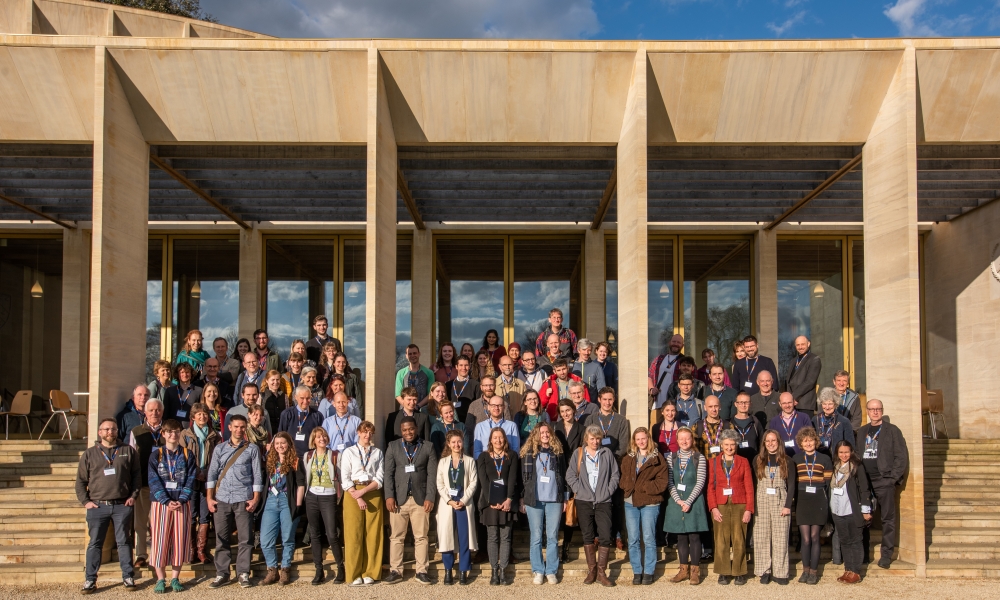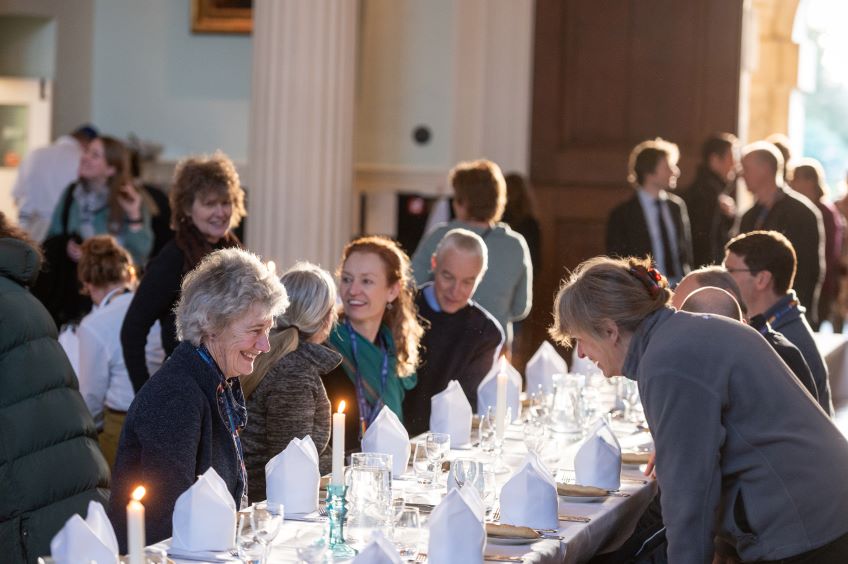Successful Nature Recovery Symposium enables the co-creation of ideas to support conservation and restoration
Associated sprints
recent news
- Growing Positive Change
- The Agile Initiative Enabling Fund
- Pre-announcement: Next Sprint Funding Call to Open in September 2024

On the 27th and 28th of March, the Agile Initiative Sprints looking at accounting for biodiversity and scaling up Nature-based Solutions to climate change hosted the Oxford Nature Recovery Symposium.
Funded by NERC, the event welcomed dozens of researchers from across the UK, and representatives from government, industry and civil society, to discuss how science could support decisions for nature recovery.
The opening session of the event framed the scale of the challenge of delivering nature recovery and Biodiversity Net Gain as E.J. Milner-Gulland, Sprint Lead and Tasso Leventis Professor Biodiversity at the University of Oxford, and James Bullock from the Centre for Ecology and Hydrology reminded us of the scale of loss and ecosystem collapse we are already facing in the UK. The UK is seeing biodiversity loss across our landscapes, including in already protected areas, highlighting the even greater challenge of conservation, restoration, and rewilding areas that are not protected.

Julia Baker of Mott Macdonald then raised the compounding effect of climate change on effective designs for nature recovery. She detailed the need to ensure Biodiversity Net Gain strategies were developed to be resilient in the face of anticipated future climates to ensure they delivered for the long term. She also reminded us of the elephant in the room – that we cannot fully recover nature in the UK while we are continuing to drive climate change.
Participants in the Symposium’s interactive sessions were nevertheless optimistic and enthusiastic in developing methodologies, identifying policy needs, and discussing routes to motivate the societal change needed to deliver nature recovery. They also benefited from networking and making new connections with colleagues at the drinks and dinner hosted in the dining hall of Worcester College, where the event was held.
Through two days of interactive workshops and information exchange sessions attendees aimed to develop concrete ideas for delivering nature recovery based on the real-world needs of the people involved. Participants focussed on ensuring that potential approaches were practical, integrated and equitable. The two Sprint teams involved will now take the outcomes of these discussions forward into their outputs and next steps as the Sprints reach the end of their 12-month rapid research process.


